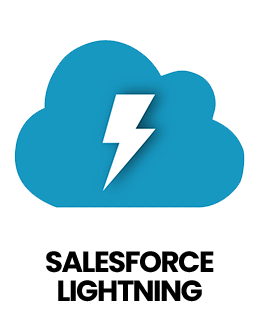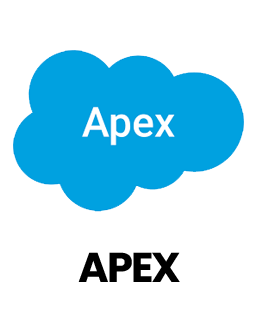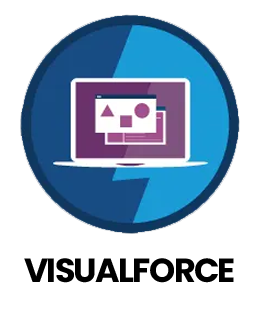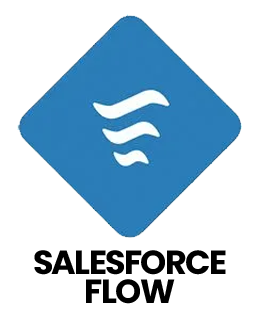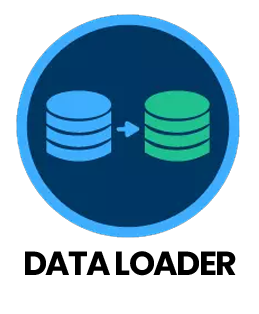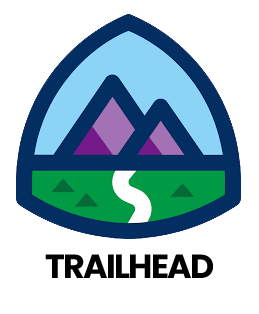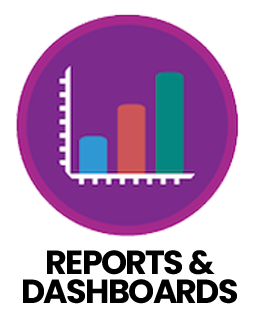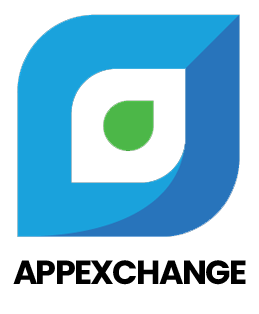1. What is Salesforce and how does it benefit organizations?
Ans:
Salesforce is a cloud-based Customer Relationship Management (CRM) platform that helps organizations manage sales, marketing, customer service, and analytics efficiently. It enables automation of business processes, seamless collaboration, and real-time insights into customer interactions. Its cloud-based architecture allows employees to access data from anywhere, helping organizations improve productivity, customer satisfaction, and decision-making.
2. What are Salesforce Profiles and Permission Sets?
Ans:
- Profiles: Define user permissions, access to objects, fields, and apps
- Permission Sets: Grant additional permissions beyond profile
3. Explain Salesforce Lightning Experience.
Ans:
Lightning Experience is a modern, intuitive user interface from Salesforce that improves productivity and user adoption. It includes features like Lightning Components, customizable pages, advanced analytics, and drag-and-drop functionality. Lightning also supports mobile access, making it easier for users to manage tasks, track leads, and view reports in a visually appealing way.
4. What are Salesforce Record Types and when do you use them?
Ans:
- Define different business processes for the same object
- Control page layouts and picklist values based on record type
- Useful for differentiating Sales vs Support processes on the same object
5. What is the difference between Apex Class and Apex Trigger?
Ans:
Apex Classes are reusable blocks of code that define functions and business logic, which can be called from triggers, controllers, or other classes. Apex Triggers are special pieces of code that automatically execute before or after record operations such as insert, update, or delete. While classes are reusable and modular, triggers are event-driven and tied to specific objects.
6. What is the difference between Workflow Rule and Process Builder?
Ans:
- Workflow Rule: Automates simple tasks like field updates, email alerts
- Process Builder: More advanced automation; can handle multiple actions and criteria
7. How do you perform Salesforce Data Migration?
Ans:
Data migration involves transferring data from legacy systems to Salesforce. It starts with data extraction, followed by data cleaning to remove duplicates or errors, mapping fields to Salesforce objects, and finally importing using tools like Data Loader or Import Wizard. Post-migration, testing ensures data integrity and accuracy.
8. Explain Salesforce Governor Limits.
Ans:
Prevent excessive use of shared resources in multi-tenant Salesforce
Examples:
9. What is Salesforce Chatter and its advantages?
Ans:
Salesforce Chatter is a social collaboration tool within Salesforce. It allows employees to post updates, share files, follow people, and collaborate in real-time. Advantages include improved communication, enhanced team collaboration, and quicker decision-making.
10. What are the different types of Salesforce Reports?
Ans:
- Tabular Report: Simple list of records
- Summary Report: Grouped data with subtotals
- Matrix Report: Data grouped by rows and columns
- Joined Report: Combines multiple report blocks for analysis






